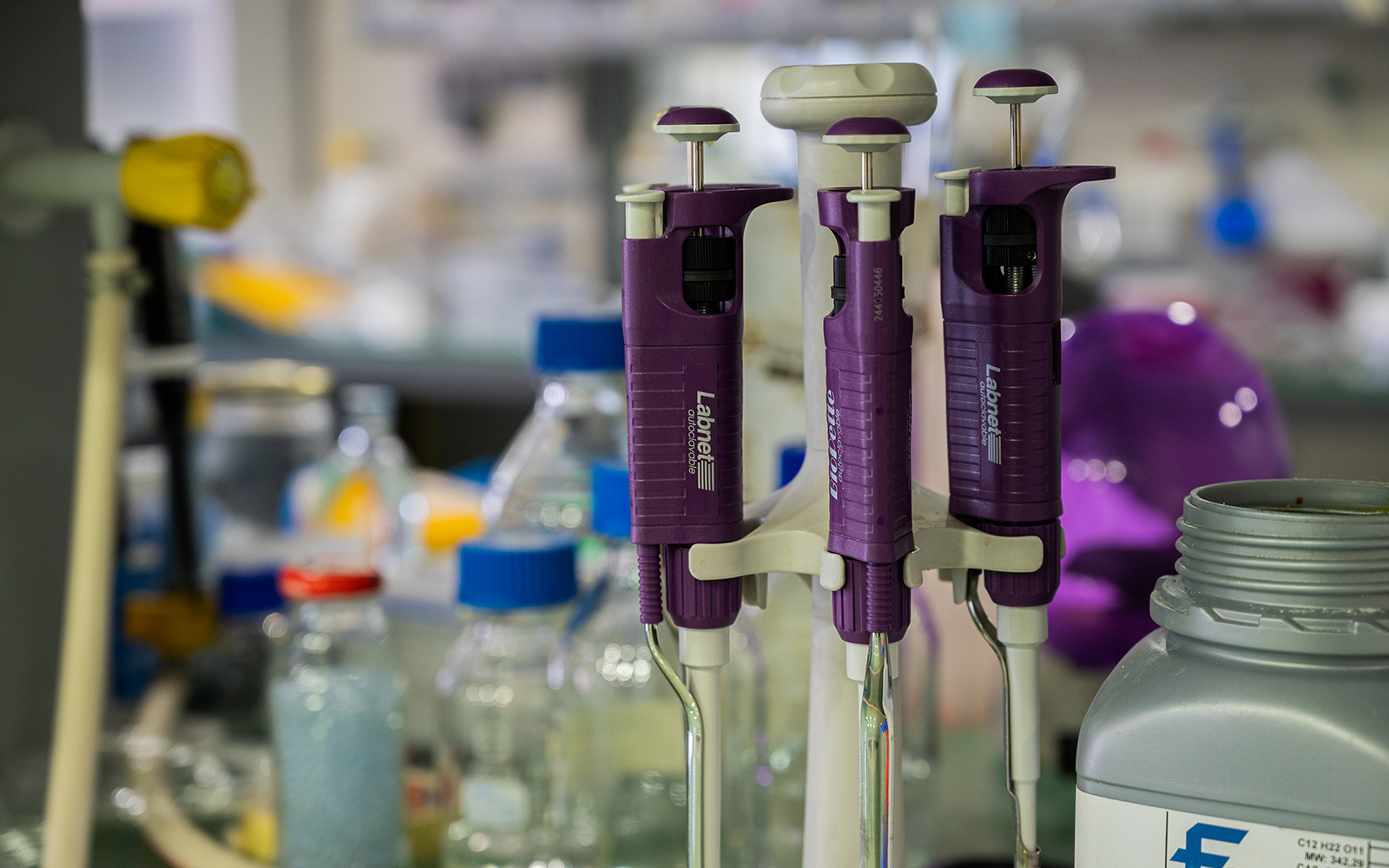Decline of thymus activity does not explain higher incidence of tumours with ageing

New data published in The Journal of Immunology, and highlighted in the section “Top Reads”, reveal that this interruption affects the composition and function of a subtype of immune cells, the regulatory T cells, but does not compromise tumour prevention and surveillance.
The thymus is an organ located above the heart that has a fundamental role in the immune system. It is responsible for the production of T cells, a group of cells of crucial importance for immune responses and tumor immune surveillance. The thymus starts developing in the fetus and peaks during adolescence. As age progresses, it involutes and the composition of T cells in the organism is altered. Ageing also entails an increase in tumor prevalence and previous studies propose that it might be due to the decline of some of the cells produced in the thymus.
The team led by the IGC principal investigator Jocelyne Demengeot decided to test this hypothesis and understand the impact of the decline of thymus activity in the regulation of the immune system. “We asked if interruption of thymus activity in adults affects the composition and function of regulatory T cells, that are important to modulate the function of conventional T cells. On the other hand, we wanted to know if these changes alter tumor immune surveillance in the organism”, explains Jocelyne Demengeot.
Thymus removal in young adult mice proved to affect the composition and function of regulatory T cells. José Almeida-Santos, first author of the study, reveals that “two months after thymus removal we observed a decrease in the total number of T cells, as expected, and populations are enriched in activated T cells. The remaining regulatory T cells are less stable and more sensitive to perturbations.”
Regulatory T cells are an obstacle to the development of therapies against some types of cancer, since they prevent the activation of conventional T cells that act towards destroying tumour cells. “We looked at several types of tumours, with different origins and capacities to trigger an immune response, and in none of those circumstances thymus removal facilitated tumour growth. On the other hand, in some cases, there was an increase in the efficacy of immunotherapies against them”, details Jocelyne Demengeot.
This study demonstrates that thymus removal affects mainly the regulatory component of the immune system and does not prevent tumor immune surveillance in adult individuals, an important perspective for the development of immunotherapies based on the function of regulatory T cells.
Read Paper
